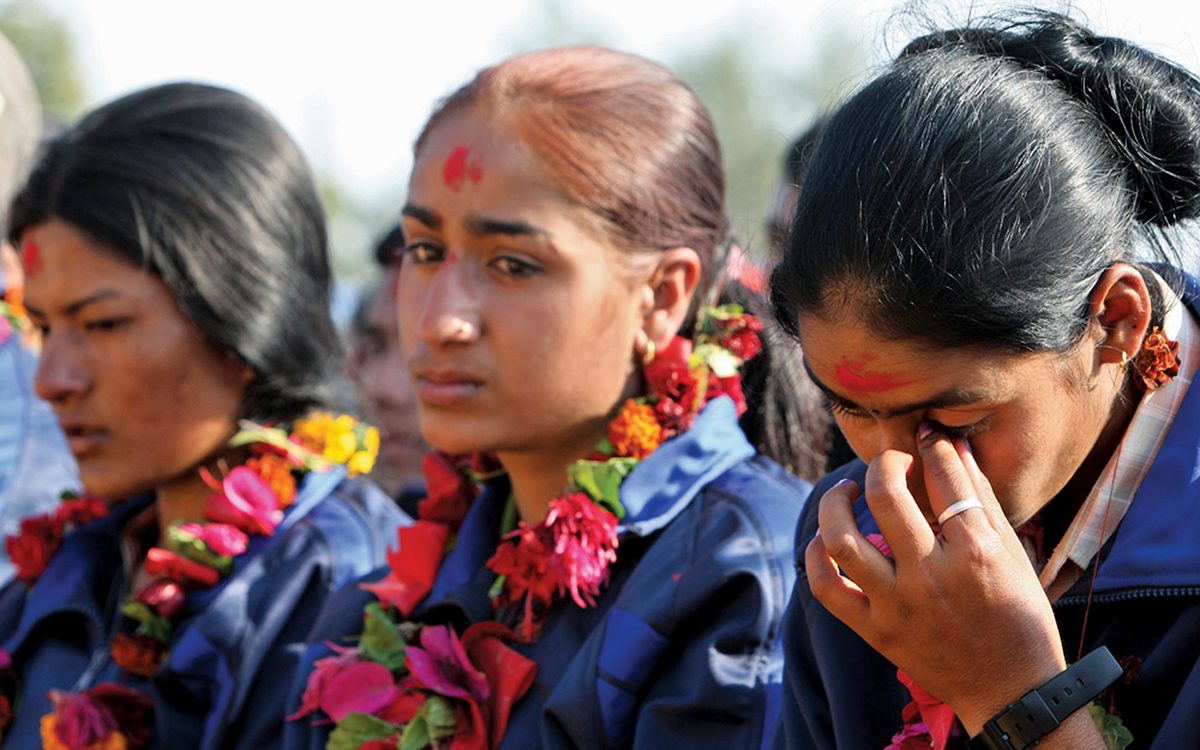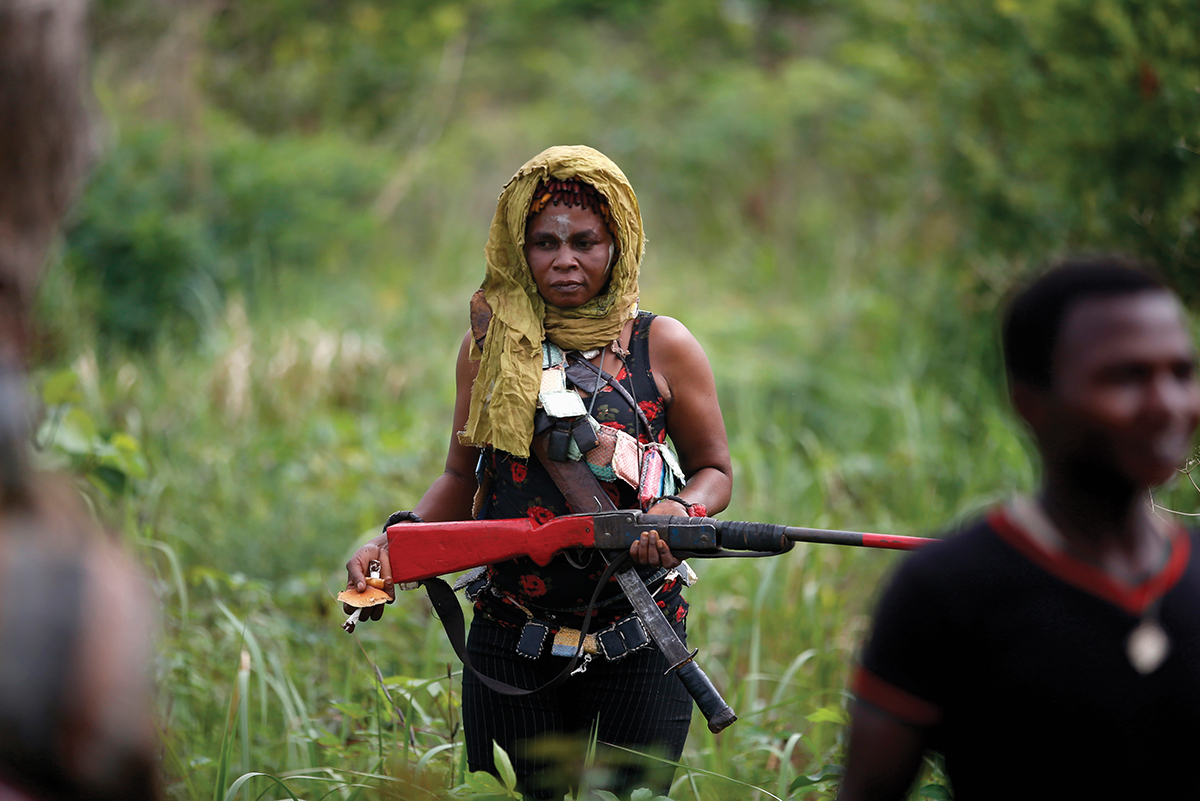By Amalia Theocharidou,
It has been known, through researches, that the participation of women in peace-making process is likely to augment the possibility of a long-lasting peace. Women appear much more emotionally aware than men, with the ability to do not be so explosive and to subtly manipulate their opponent, in order to get what they want. Women will likely focus more on the relationship aspect rather than gains, meaning that what matters most to them is achieviing a positive outcome between the counterparts. But despite all the positive outcomes from the participation of women in negotiations, it is a heavily male-dependant sector, where the female activity is, sadly, steadily declining.
Even though the United Nations Security Council has adopted the Resolution 1325 in October 2000, that “urges Member States to ensure increased representation of women at all decision-making levels in national, regional and international institutions and mechanisms for the prevention, management, and resolution of conflict”, the change has been slightly small. The fast decline started in 2022, where women made the 16% of negotiators and in only one signed agreement a female signatory could be found.

The exclusion of women from the negotiations also results to another sad reality, which is no other than the connected exclusion of provisions concerning women from the peace treaties. Many heavily concerning issues remain unsolved, such as sexual and gender based violence, sexually transmitted diseases and the insufficient access of women to healthcare, because, simply, there has been no one to address them. Displacement is also an issue, given the fact that women get to start alone their life anew, in a foreign environment, with zero knowledge or help.
For the reducing participation, one can blame already the society that lies behind. In many fragile states that are in war right now, women’s societal position is already looked down. Even more in a subject such as negotiations, women are considered unable to keep up, due to the lack of opportunities that emerge with the much less education that they’ve received throughout their lives, in comparison to men. Also, some societies like to preserve the “traditional” role of women as care givers and providers for home rather than active workers. What perception they have about negotiations is that it’s dangerous, something that men can handle, even sometimes considered more religiously appropriate for men to handle such issues.
More initiatives have recently started to take place, in order to ensure that women feel more included in the process. An example has been South Sudan, where due to the excessive violence, the UN have specifically tried to facilitate the female participation. Alokiir Malual, specifically, has been a figure of history, managing to become the only female signatory in an agreement of the area. Ever since, the efforts have been redoubled, reaching to a 41% participation of women by 2022. The same in the Central African Republic, where ever since 2012, there has been an initiative for further inclusion of women in the local committees, by 35%, in 2023.
References
- Barry M. Goldman, Debra L. Shapiro. “THE PSYCHOLOGY OF NEGOTIATIONS IN THE 21ST CENTURY WORKPLACE”. Routledge. London. 2012.
- Women’s Participation in Peace Processes. CFR. Available here
- Women’s participation in peace processes is not only a right, it’s the way to lasting peace. UN Peacekeeping. Available here




